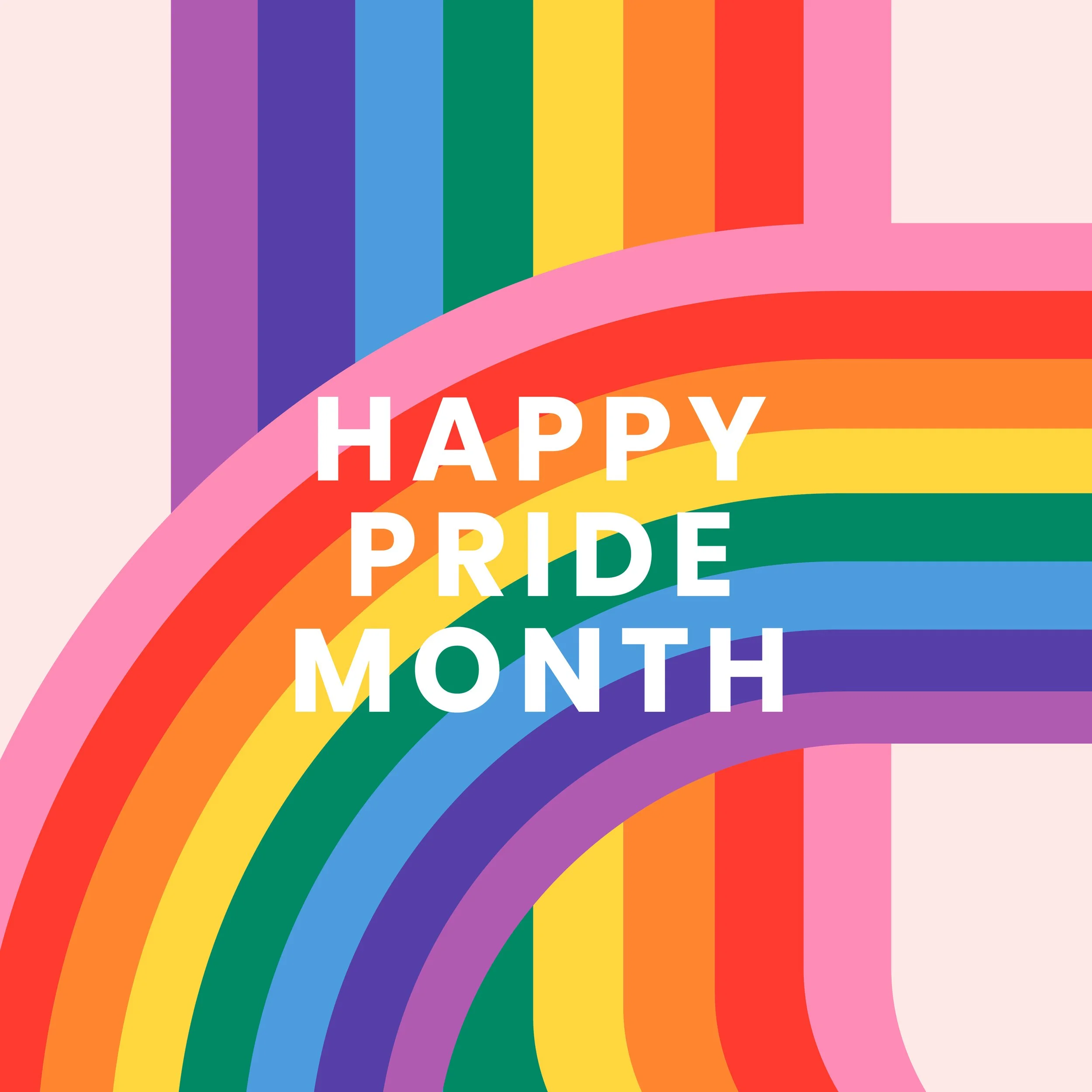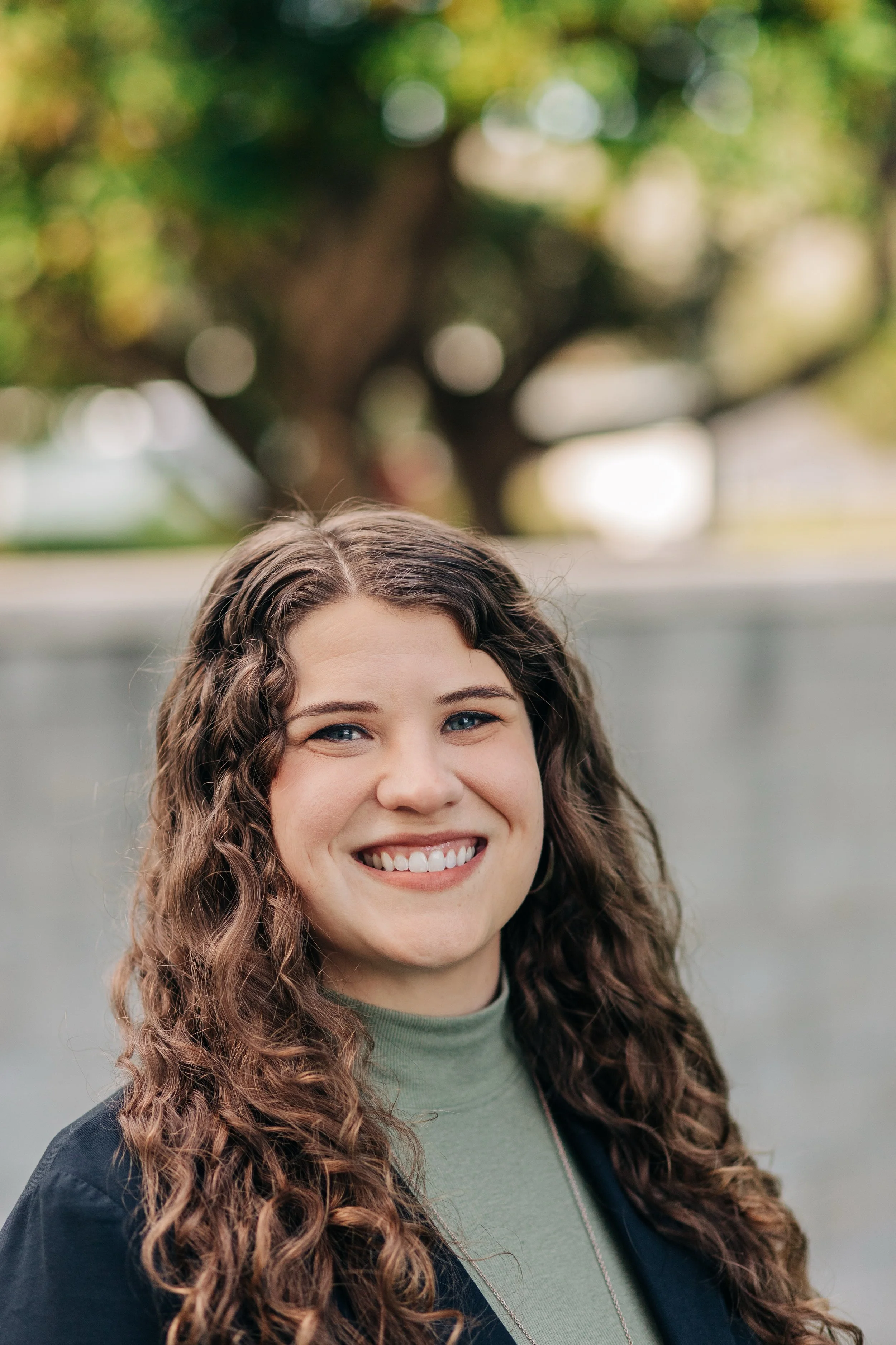Celebrating Pride Month: Honoring the Legacy of the LGBTQ+ and Labor Rights
As Pride Month rolls around, your first thoughts might not be of the labor movement or its connection to the LGBTQ+ community. While Pride is a time to celebrate and commemorate the rich history and culture of this community, it is also a time for action. Despite significant progress over the last century, the LGBTQ+ community continues to fight for equality and justice in the workplace and beyond.
For centuries, LGBTQ+ individuals have faced discrimination and marginalization in many aspects of their lives, including employment. As union representatives, it is our duty to ensure that all workers, regardless of sexual orientation or gender identity, are treated with dignity, respect, and fairness on the job.
Historical Solidarity
The solidarity between the movements for labor rights and LGBTQ+ rights dates back decades. In the 1950s, WWII veteran and professional astronomer Frank Kameny was one of the first to challenge discrimination based on sexual orientation. After being fired from the U.S. Army Map Service and barred from future federal employment due to his sexuality, he took his activism to the courtroom and the streets.
Acting as an amateur attorney, Kameny defended government employees who faced similar discrimination and organized protests at major federal buildings demanding equal rights and employment opportunities. He later coined the famous slogan “Gay is Good,” modeled after Stokely Carmichael’s “Black is Beautiful.”
The Political Legacy of Harvey Milk
In 1973, small business owner Harvey Milk realized that politics were key to making lasting and meaningful changes for the gay community in San Francisco. “I knew I had to become involved or shut up,” he said. Milk encouraged gay rights groups to coordinate with labor activists, organizing a boycott of Coors Brewing Co. for their discriminatory and anti-union practices.
He also successfully campaigned against Prop 6, which mandated the firing of gay public school teachers and known gay rights supporters. He ran for San Francisco City Supervisor twice before eventually winning the 1978 election, becoming the first openly gay man elected to public office in California.
That year, Milk passed a bill banning employment and housing discrimination based on sexual orientation and spoke publicly about hope and equality for the LGBTQ+ community. Sensing the danger that he faced as a gay political leader and activist, Milk stated, “If a bullet should enter my brain, let that bullet destroy every closet door.”
When Milk was tragically assassinated 10 months into his term, the city mourned the loss of a courageous and charismatic advocate for equality and justice. Milk’s legacy lives on, inspiring many LGBTQ+ individuals to become more involved in their communities and politics. He understood that systemic change required systemic action, stating, “You can stand around and throw bricks at Silly [City] Hall or you can take it over. Well, here we are.”
Joni Christian: A Trailblazer for Transgender Rights
In the late 1970s, Joni Christian was a 26-year-old assembly line worker for General Motors in Lordstown, Ohio. After months of hormone replacement therapy, she underwent gender-affirming surgery and came out as transgender at work. She was immediately met with hostility and shunned by her peers.
Her female coworkers circulated a petition to keep her out of the women’s restroom, and she was regularly jeered at and called slurs by her male coworkers. Joni turned to her union, United Auto Workers (UAW), for support, and with their help, she sued GM for invasion of privacy. After winning her case, the UAW continued to ensure her rights were protected at work.
“Returning to work after undergoing gender reassignment surgery was challenging. I would have been fired if not for the union. The union respected me as a person, even if some members didn’t approve of me. I learned that an injury to one was an injury to all.”
Joni Christian courageously defended her gender identity during a period when LGBTQ+ Americans faced widespread hostility. She leveraged her union and the legal system to enhance her own life and set a precedent, becoming an inspiring role model for those who continue her legacy today.
The Role of Unions in Advancing LGBTQ+ Rights
As a labor union, we have a unique opportunity to leverage our collective power and influence to affect change. By working together, we can ensure that LGBTQ+ workers have a seat at the table and a voice in the decisions that affect their lives.
This Pride Month, let us celebrate the progress we've made while recognizing that the fight for LGBTQ+ rights is far from over. As a proud member of the LGBTQ+ community, I encourage each of you to recommit to fighting for a future where every individual, regardless of sexual orientation or gender identity, can live and work free from fear, discrimination, and prejudice.
By Brooke Daphne, Labor Representative





